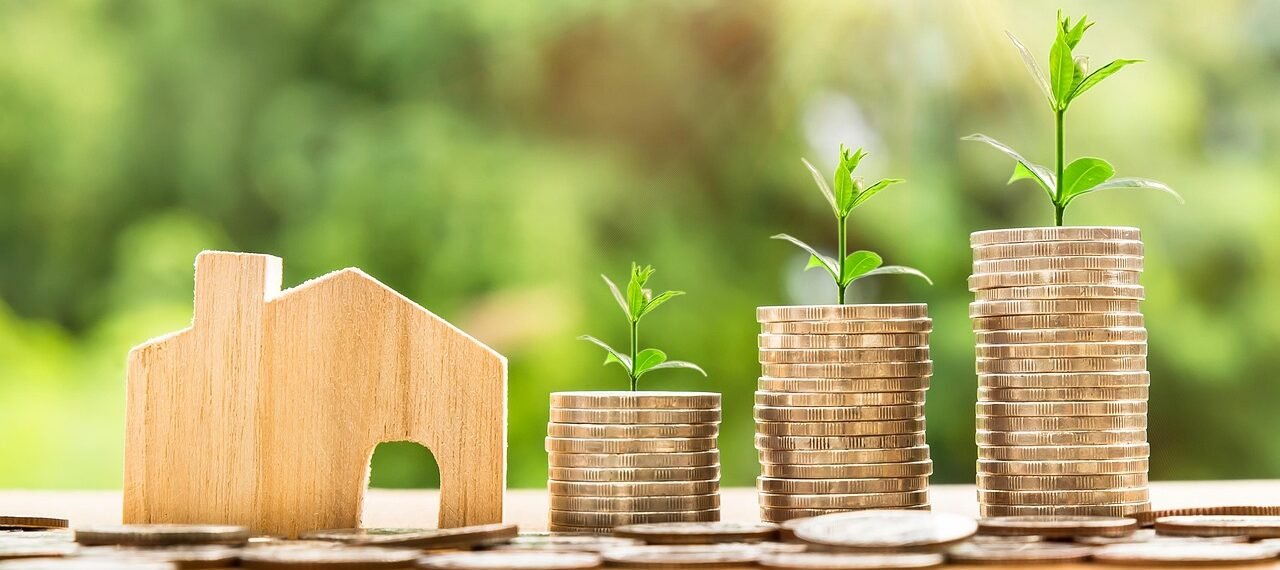Last Updated on December 2, 2025
In today’s financial landscape, personal debt has become the norm. Credit cards, personal loans, auto financing, and “buy now, pay later” services make borrowing money easier than ever. But while debt can sometimes serve a purpose, the reality is that the costs of debt will exceed the benefits for your long-term financial health.
There is, however, one notable exception: mortgage debt on a primary residence. Managed wisely, this can be a strategic financial move. But aside from that, carrying personal debt can derail your finances and impact your overall well-being.
The Hidden Costs of Debt
1. High Interest Rates Add Up Quickly
Most personal debt—especially credit card debt and unsecured loans—comes with sky-high interest rates. Some credit cards charge 20% or more annually. That $1,000 TV you bought on credit? If you only make the minimum payment, it could cost you $1,500 or more over time.
2. Debt Encourages Overspending
Easy access to credit gives the illusion of affordability. It tempts people to buy things they can’t truly afford, leading to impulse spending and a lifestyle based on borrowed money rather than real savings.
3. It Reduces Your Financial Freedom
Every dollar spent on debt payments is a dollar you can’t invest or save. Whether you’re trying to build an emergency fund, contribute to retirement, or invest in assets, debt limits your options and slows down wealth-building.
4. Debt Can Harm Your Credit Score
While having credit isn’t inherently bad, excessive debt or missed payments can damage your credit score. A poor credit score makes it harder to qualify for loans, secure housing, or even get certain jobs.
5. Debt Causes Emotional Stress
Carrying debt often leads to anxiety, guilt, and financial stress. Many people feel overwhelmed when their payments barely make a dent in their balances, leading to feelings of helplessness and strain in relationships.
When Debt Might Make Sense: Buying a Home
Not all debt is created equal. The main exception is taking on a mortgage to buy your primary home. When handled responsibly, this can be a powerful tool for building wealth.
Why Mortgage Debt Can Be Considered “Good Debt”:
1. Real Estate Can Increase in Value
Unlike depreciating assets, homes often appreciate in value over time—especially in high-demand areas. This means you can build equity, which becomes a long-term financial asset.
2. Homeownership Offers Stability
Monthly mortgage payments are usually fixed, unlike rent, which can increase year after year. Owning a home provides long-term stability and more control over your living environment.
3. Mortgage Rates Are Lower Than Most Debt
Compared to credit cards and personal loans, mortgage interest rates are typically much lower. In some regions, you may also benefit from tax deductions on mortgage interest.
4. It’s a Long-Term Investment in Your Future
Each mortgage payment increases your ownership stake in a valuable, appreciating asset. This acts like forced savings, helping you build wealth over time.
Smart Alternatives to Taking on Debt
If you want to improve your financial health, it’s best to minimize or avoid personal debt. Here’s what you can do instead:
- Build an Emergency Fund: Save 3–6 months of expenses to cover unexpected costs without resorting to credit cards.
- Save First, Spend Later: Plan and save for large purchases instead of financing them.
- Live Below Your Means: Differentiate between wants and needs, and budget accordingly.
- Educate Yourself Financially: Learn how interest works and understand basic investing principles to make informed decisions.
- Pay Down Existing Debt Strategically: Use the debt snowball (smallest balances first) or avalanche method (highest interest first) to get out of debt faster.
Final Thoughts: Choose Financial Freedom Over Debt
While borrowing money may feel like a quick solution, most personal debt comes with long-term consequences that can hurt your financial well-being. By understanding the risks, focusing on smart money habits, and limiting debt to strategic investments like homeownership, you can set yourself up for a healthier, wealthier future.


4 thoughts on “What are the costs of debt — And What To Do Instead”